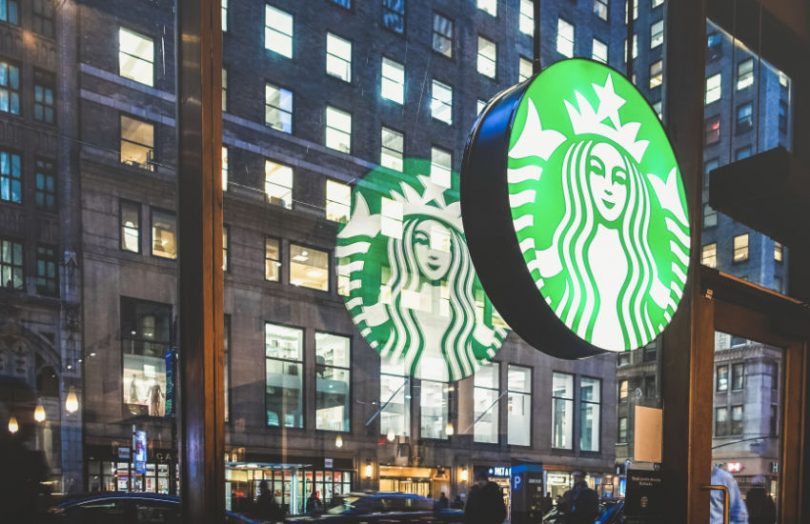Starbucks Odyssey, the coffee brand’s new non-fungible token (NFT) offering, will be integrated with its Starbucks Rewards program. Users can complete ‘journeys’ such as games to earn collectible stamps as NFTs. Additionally, customers can purchase limited edition NFTs, which are tradable in its marketplace. No cryptocurrency or wallet is required and the waitlist opens today.
Each NFT is associated with points, which can be used to unlock benefits. These range from espresso martini-making classes to a Costa Rica coffee farm trip.
“By integrating into the Starbucks Rewards ecosystem and grounding the experience in coffee, connection and community, we are entering the Web3 space differently than any other brand, while deepening our members’ connection to Starbucks,” said Brady Brewer, Starbucks EVP and chief marketing officer.
“Our vision is to create a place where our digital community can come together over coffee, engage in immersive experiences, and celebrate the heritage and future of Starbucks.”
NFTs will feature artwork co-created with Starbucks partners and outside artists. From a sustainability perspective, it is using the Proof of Stake Polygon blockchain. However, within a week or so, companies should be able to mint tokens on Ethereum without sustainability concerns, although Ethereum will remain pricey in terms of transaction fees.
Meanwhile, Starbucks started using blockchain for coffee traceability back in 2019.
While Starbucks claims its integration with its rewards program is a differentiator, this is something that many organizations are looking to do. It’s beneficial for companies that deal with customers across several channels, such as online and in-store, because it enables retailers to get a better picture of the customer.
At the same time, given the public nature of blockchain, there’s a risk that spending habits across brands could be aggregated using NFTs and leak far more personal details than web browser cookies. This is one of the reasons that China’s central bank digital currency application creates sub-wallets for each retailer.






